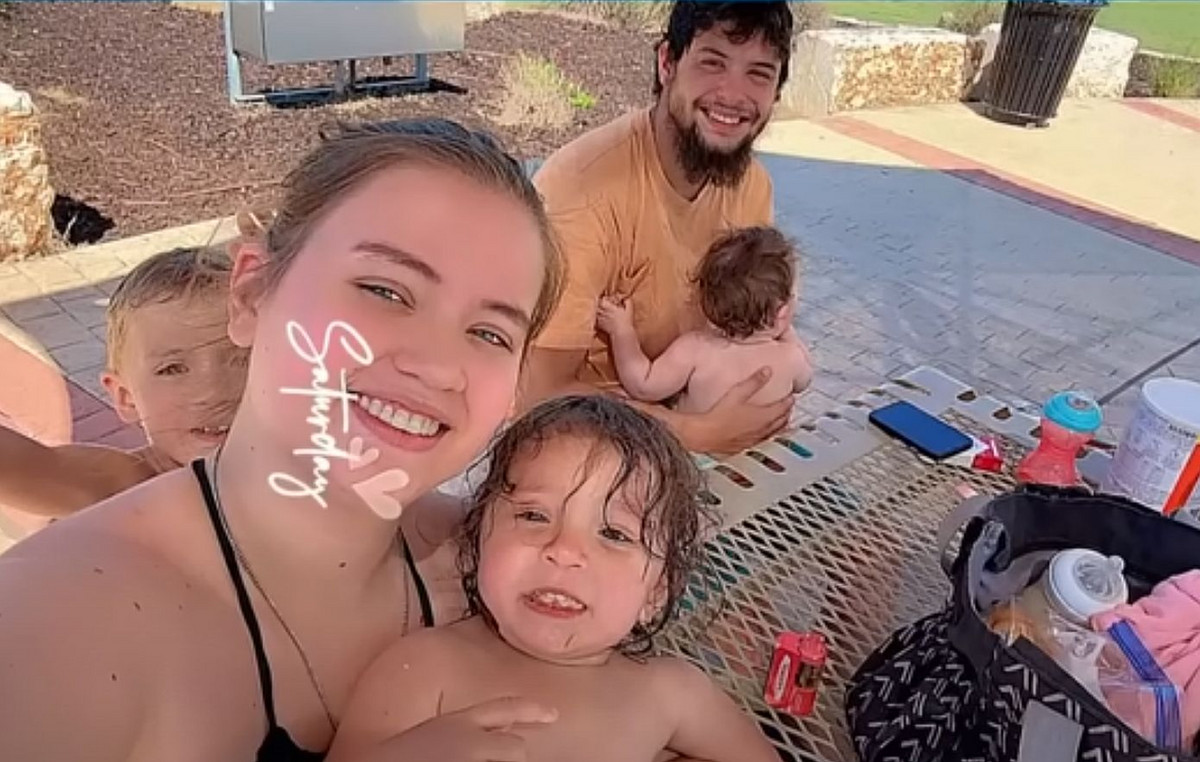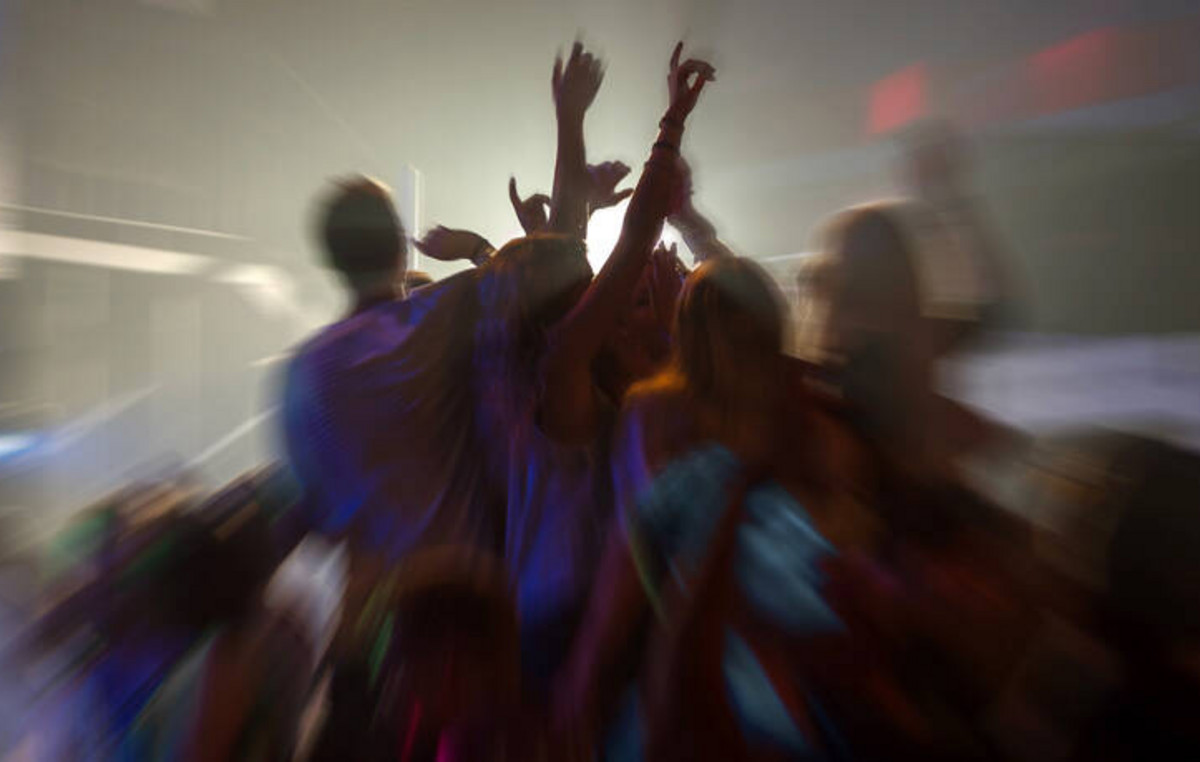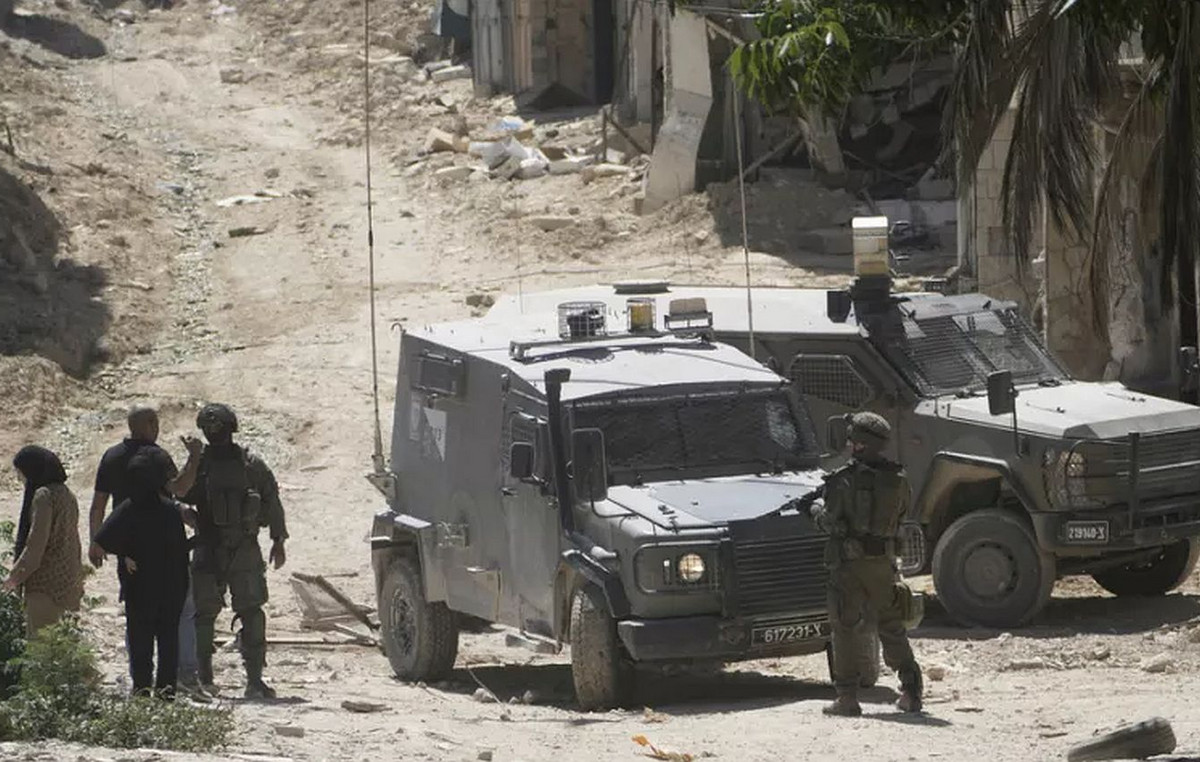Actress Samara Felippo, 45, went public this week to denounce a case of racism suffered by one of her 14-year-old daughters at a traditional private school in the city of São Paulo.
According to the actress's report, the case occurred on April 22, when two students took the girl's notebook, destroyed some work she had done and wrote racist insults on one of the pages. The notebook was later found in the school's lost and found section.
After the case gained repercussion, the family of one of the girls who allegedly participated in the attack decided to remove the teenager from school. The other girl's parents said they are awaiting a decision from the school management regarding the punishment that will be applied.
The school stated, in a note, that among the sanctions already applied is the “indefinite suspension” and the prohibition of the students involved from participating in a trip to Serra da Canastra, in Minas Gerais.
However, in addition to the sanctions determined by the school, the girls involved in the case can be punished in accordance with what is provided for in the Child and Adolescent Statute (ECA), according to Edézio Ramos, professor of criminal law at Faculdade Presbiteriana Mackenzie Rio.
The jurist explains that the provisions provided for by the ECA are valid for individuals aged between 12 and 18 years.
In this case, according to the professor, the aggressors can respond for an act similar to the crime provided for in article 2A of law 7,716, of 1999: “Injuring someone, offending their dignity or decorum, due to race, color, ethnicity or origin national”.
Ramos highlights that, after registering the incident with the Civil Police, the police station opens a procedure called an infraction investigation report – which is similar to a police investigation. “This procedure generally lasts around 30 days,” he says.
After completing this procedure, if the police station finds that there really was a practice similar to the crime mentioned, the material is sent to the Public Prosecutor's Office. From then on, the procedure is similar to that of a traditional judicial process: if the MP considers that there are sufficient elements for a complaint, he sends the case to the Court, for consideration by a Childhood and Youth judge.
The judge who judges the case may determine the application of socio-educational measures. These measures can be carried out in freedom (warning, obligation to repair the damage, provision of services to the community and assisted release) or in semi-release or internment.
The professor highlights that the parents of the alleged attackers will only be able to face criminal charges if it is proven that they, in some way, supported or encouraged racist acts.
In the case of the school, those responsible would only be charged with crimes if it is proven that there was some type of collusion.
Source: CNN Brasil
I’m James Harper, a highly experienced and accomplished news writer for World Stock Market. I have been writing in the Politics section of the website for over five years, providing readers with up-to-date and insightful information about current events in politics. My work is widely read and respected by many industry professionals as well as laymen.







